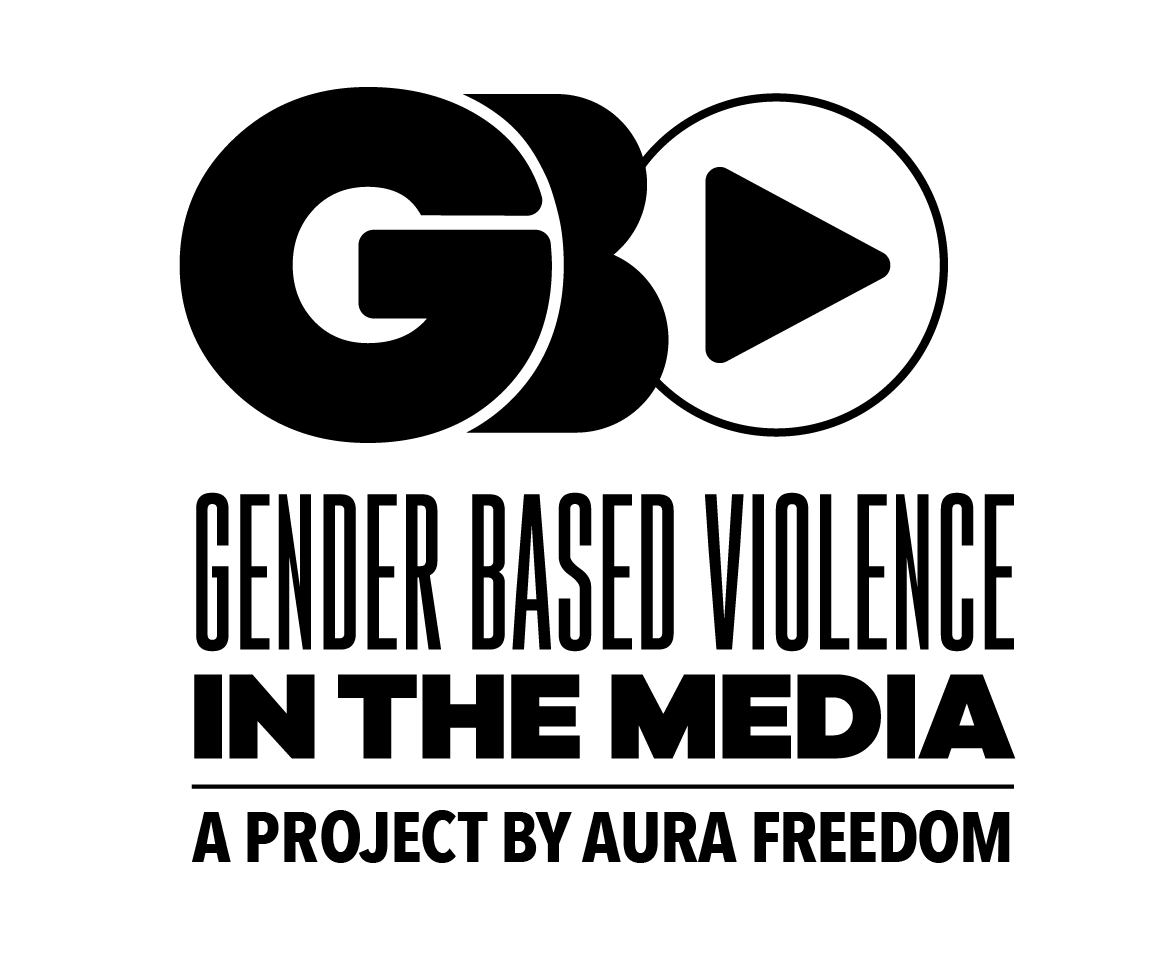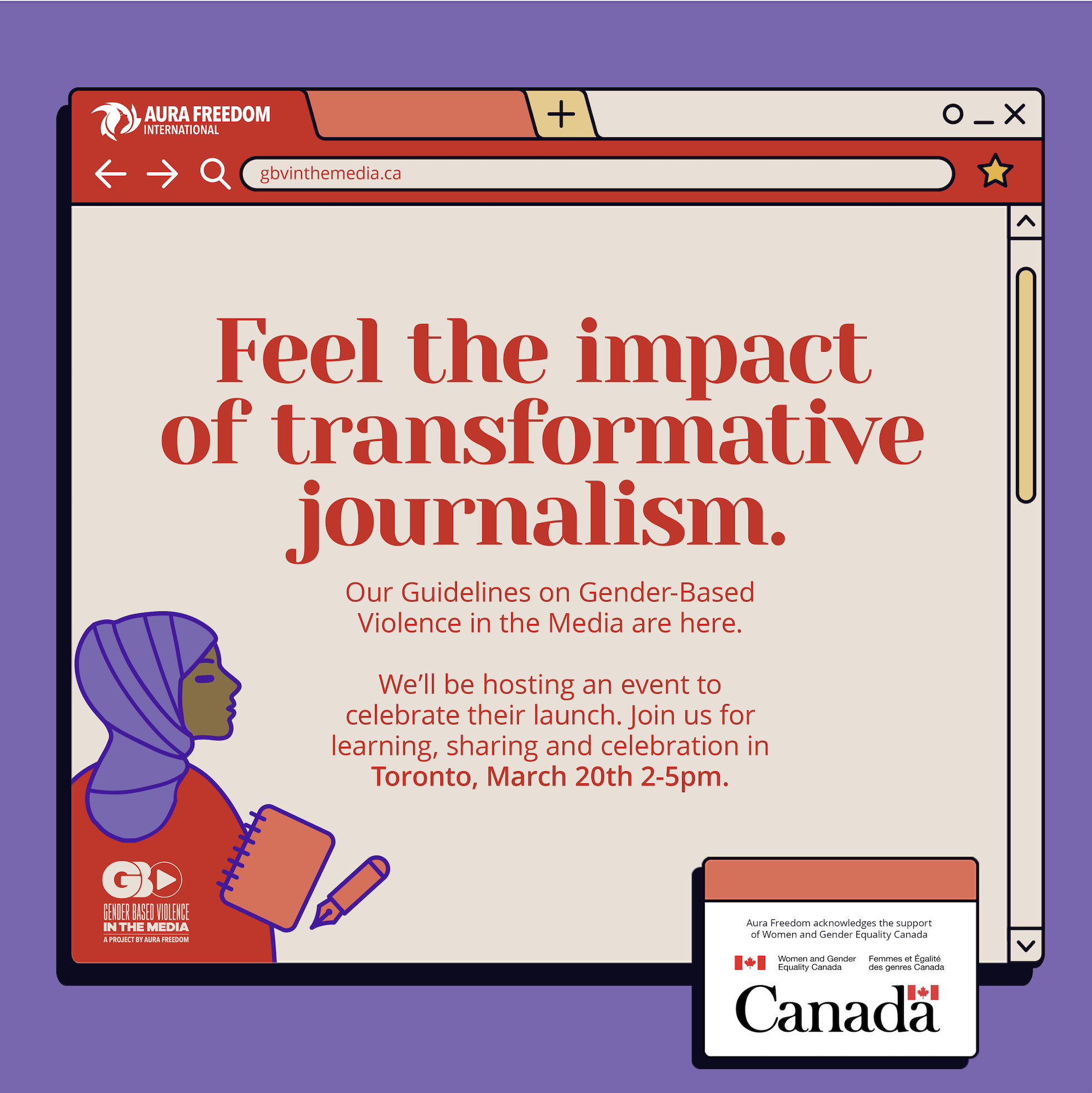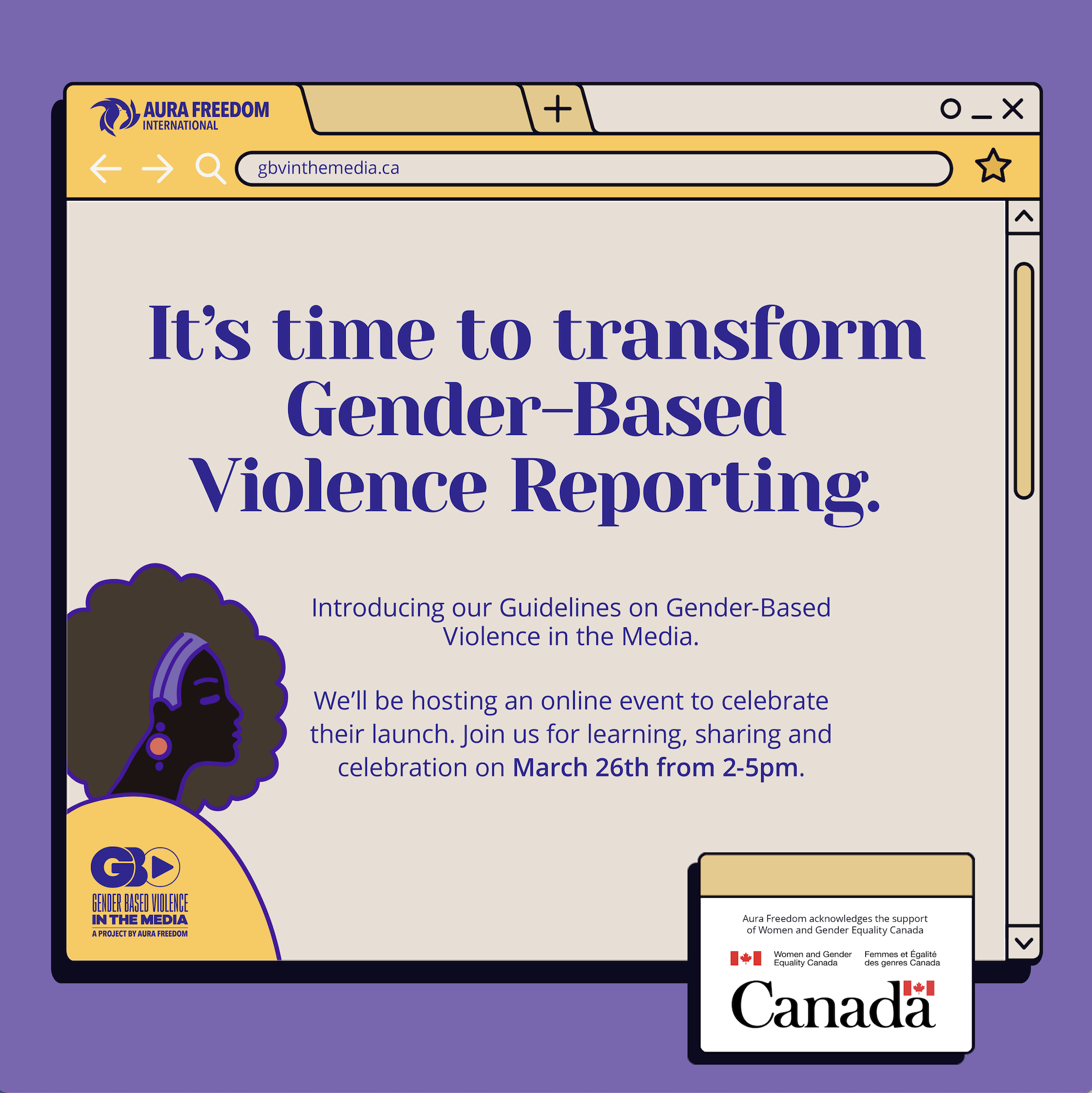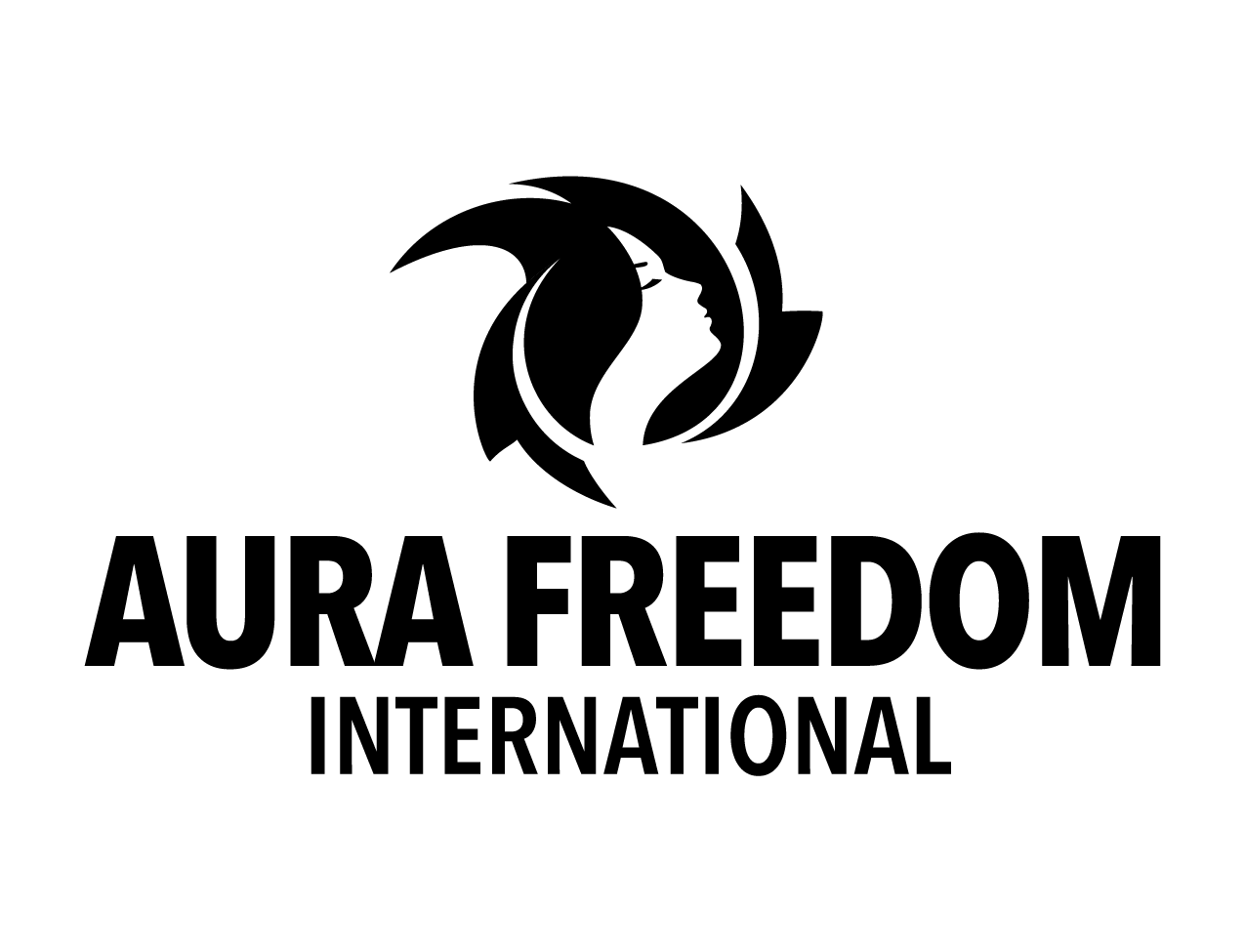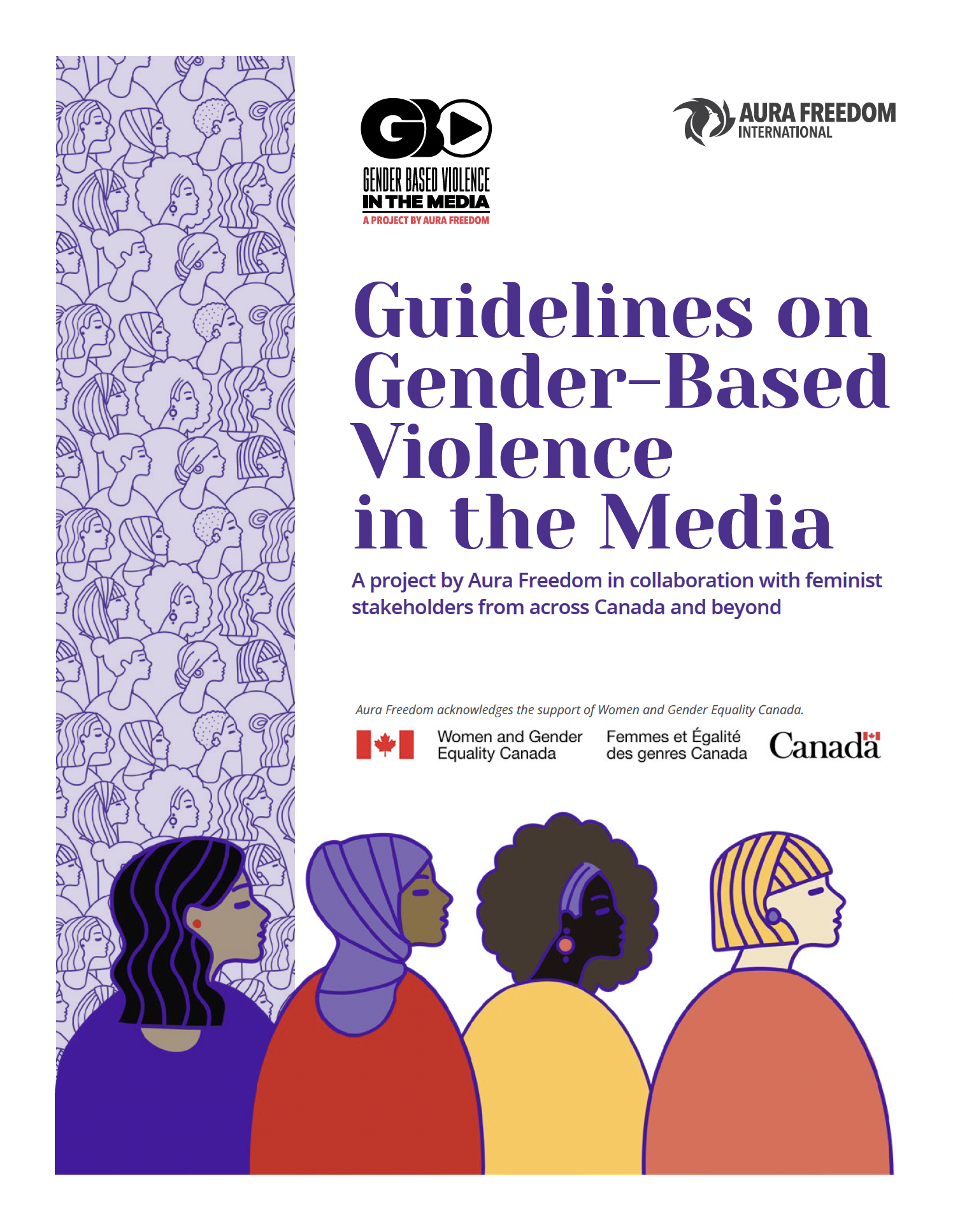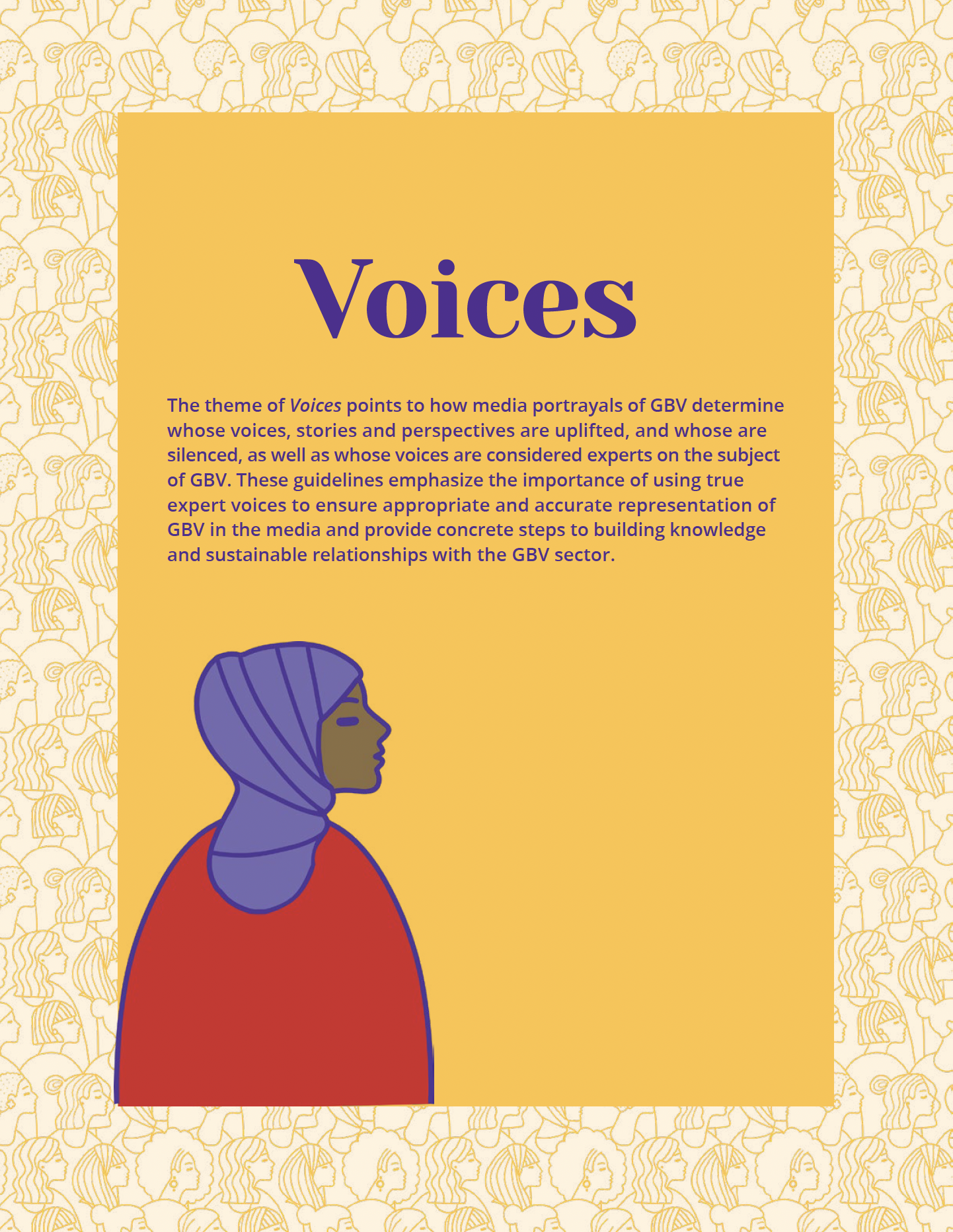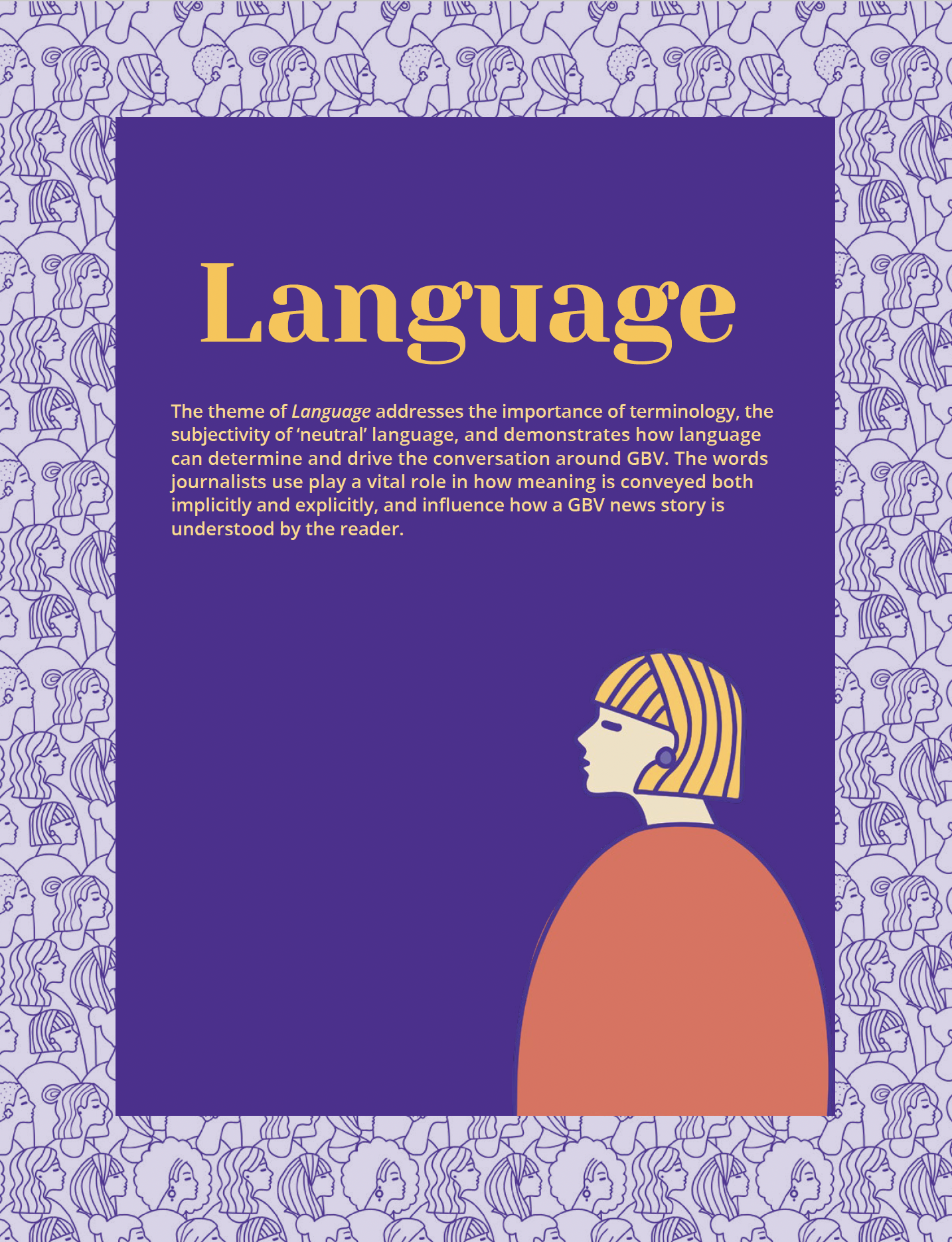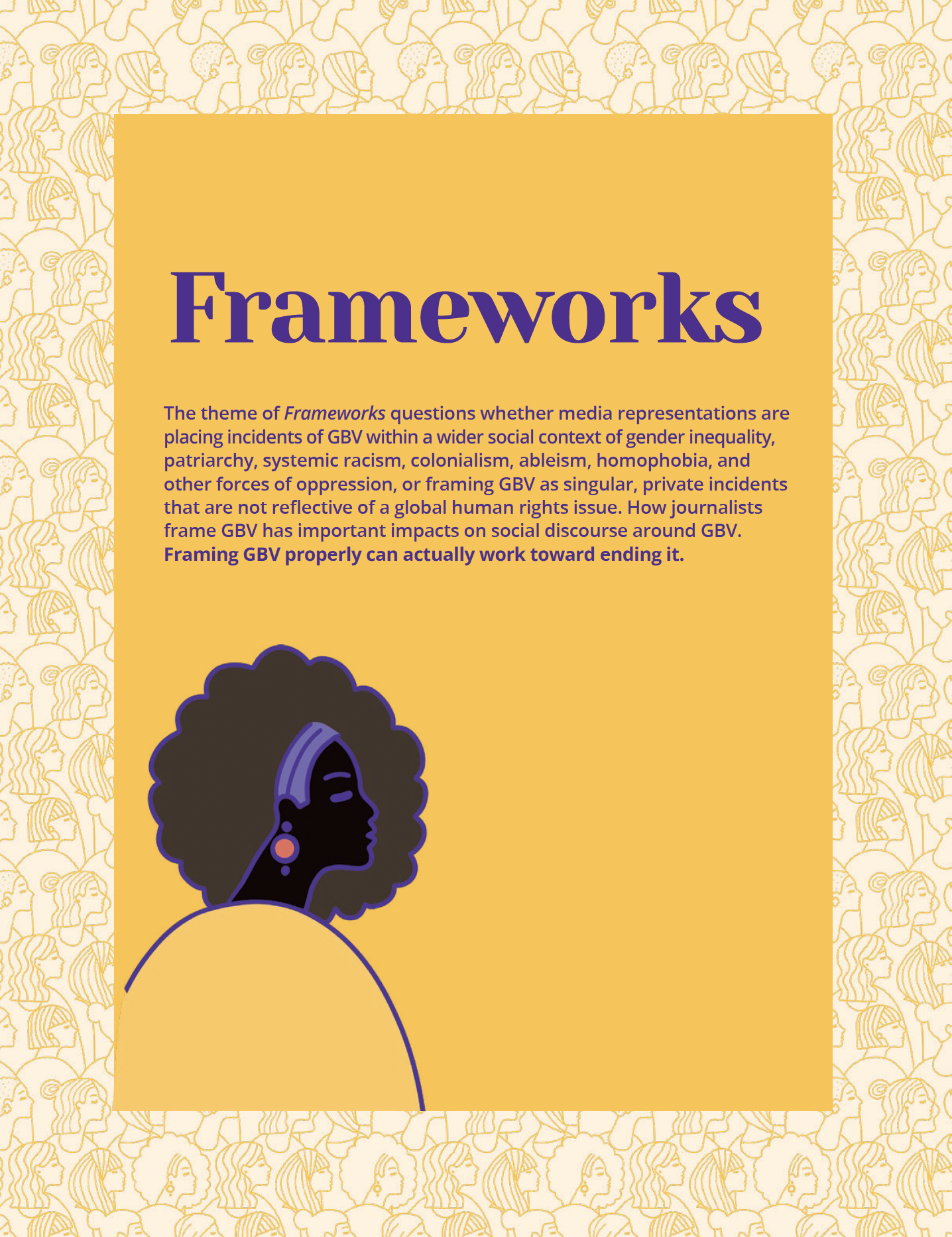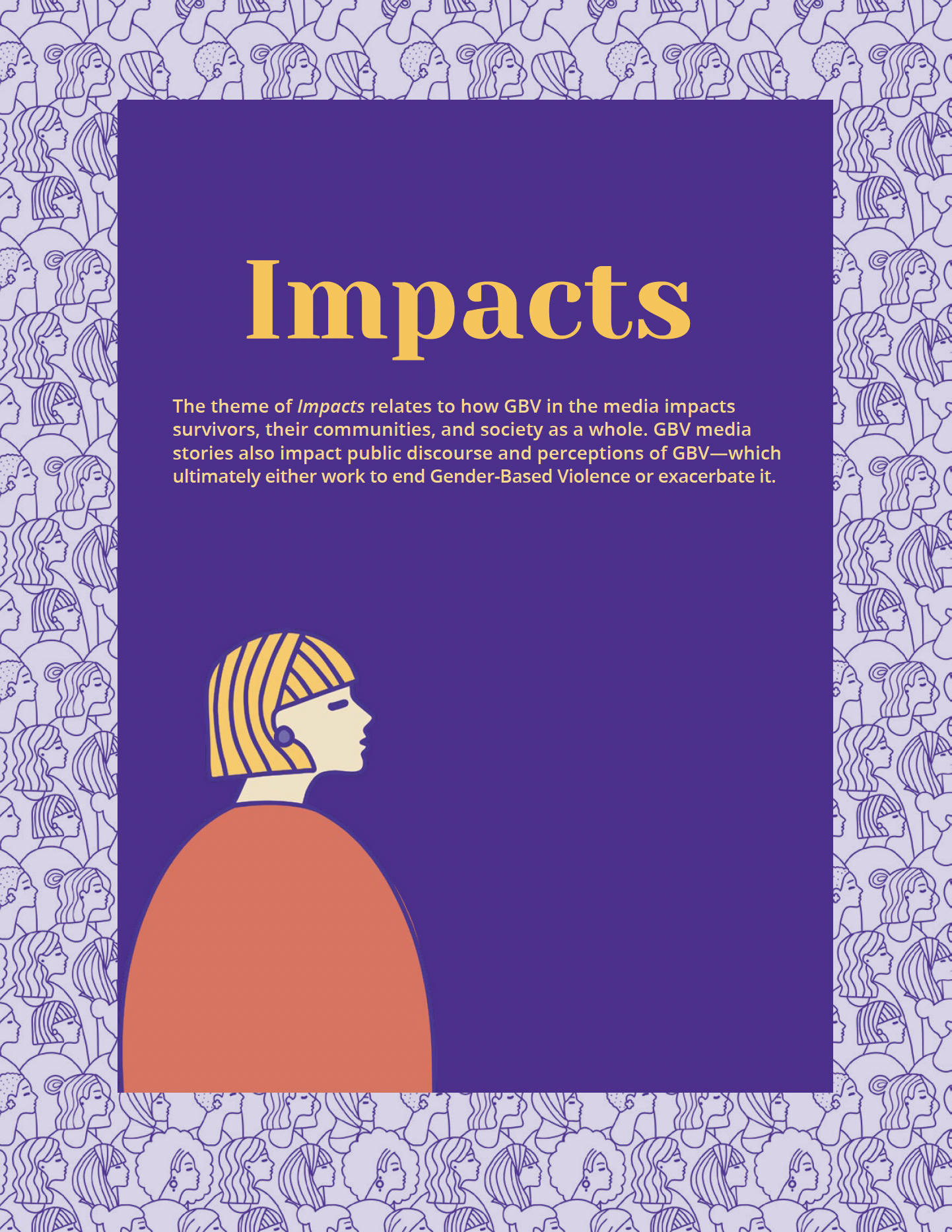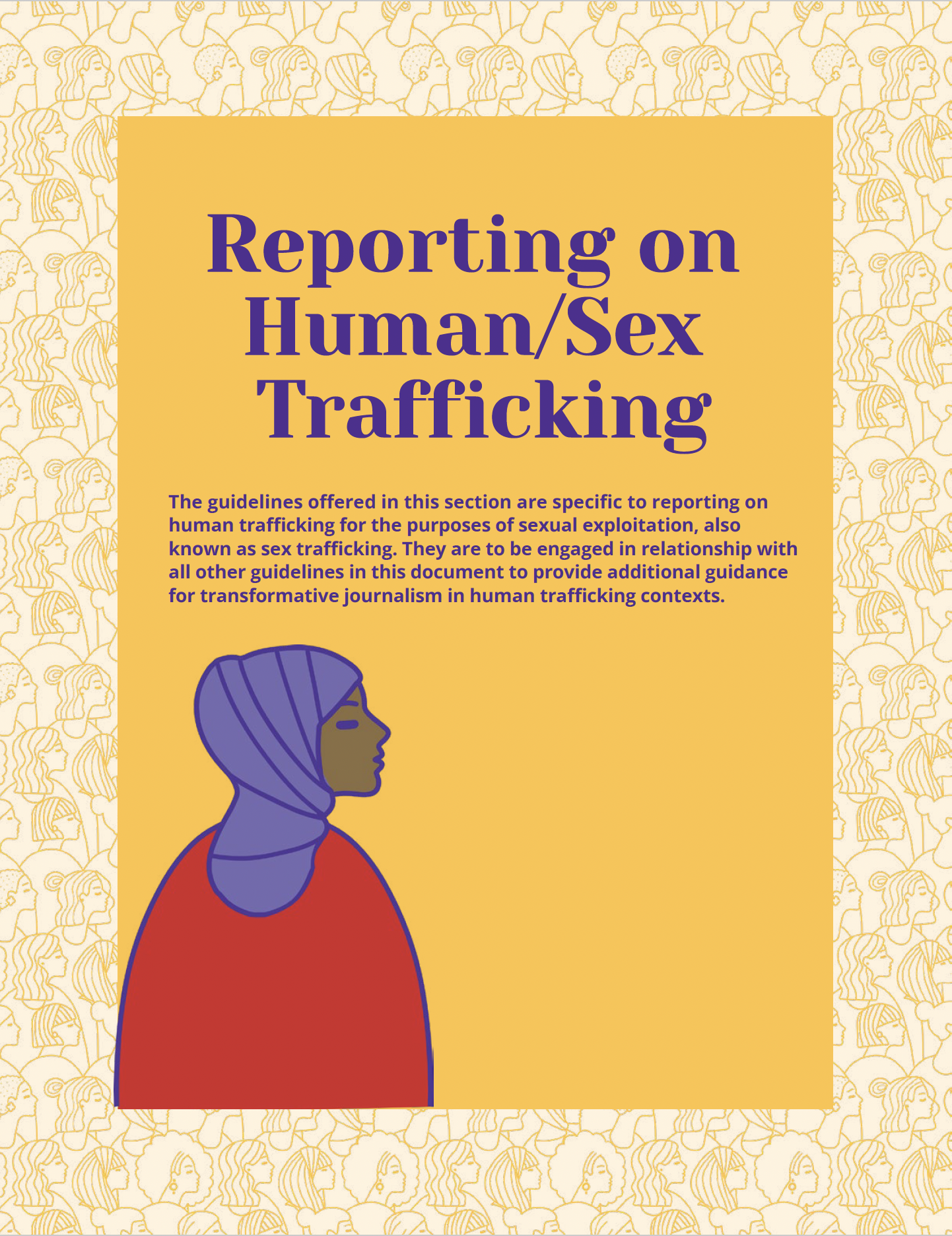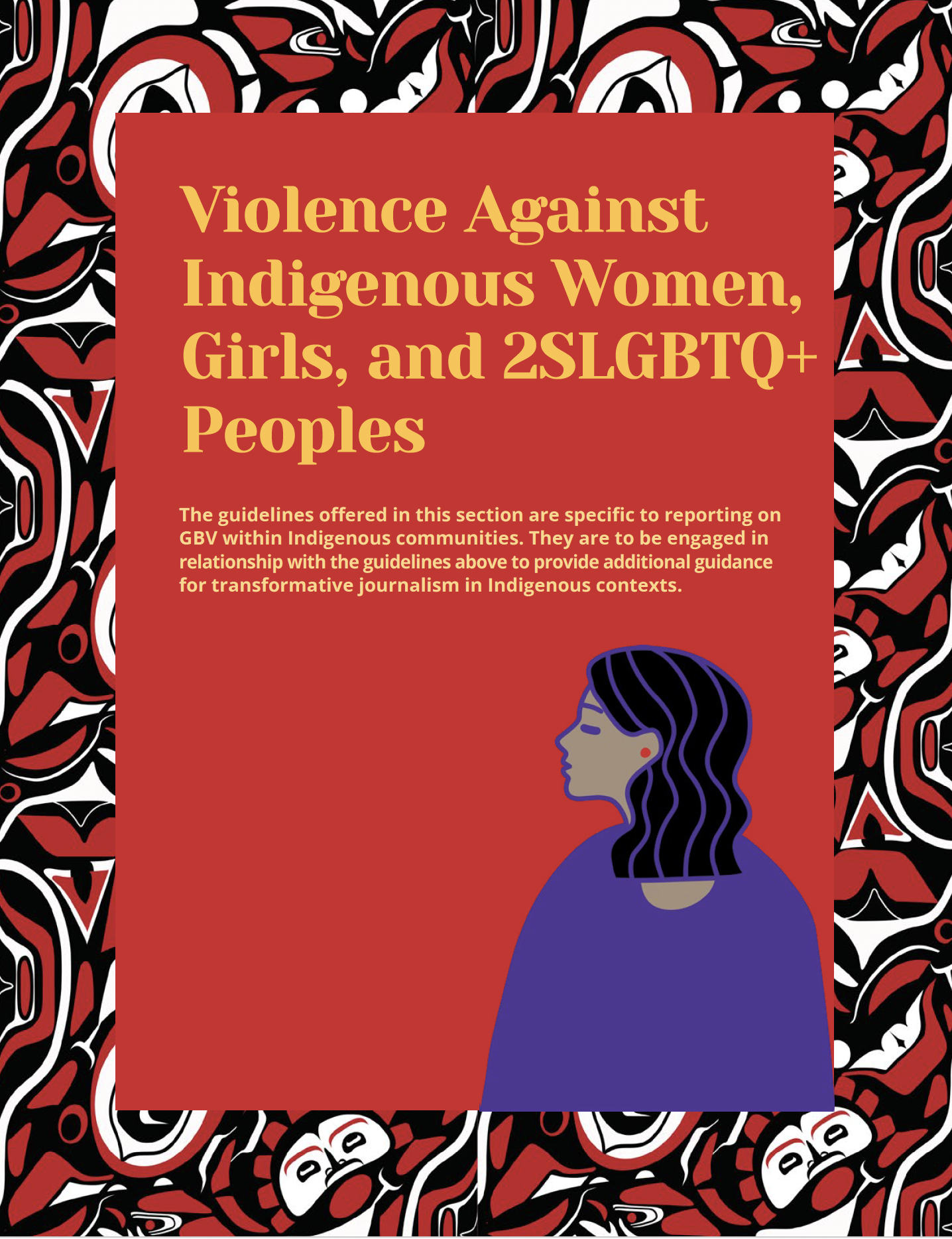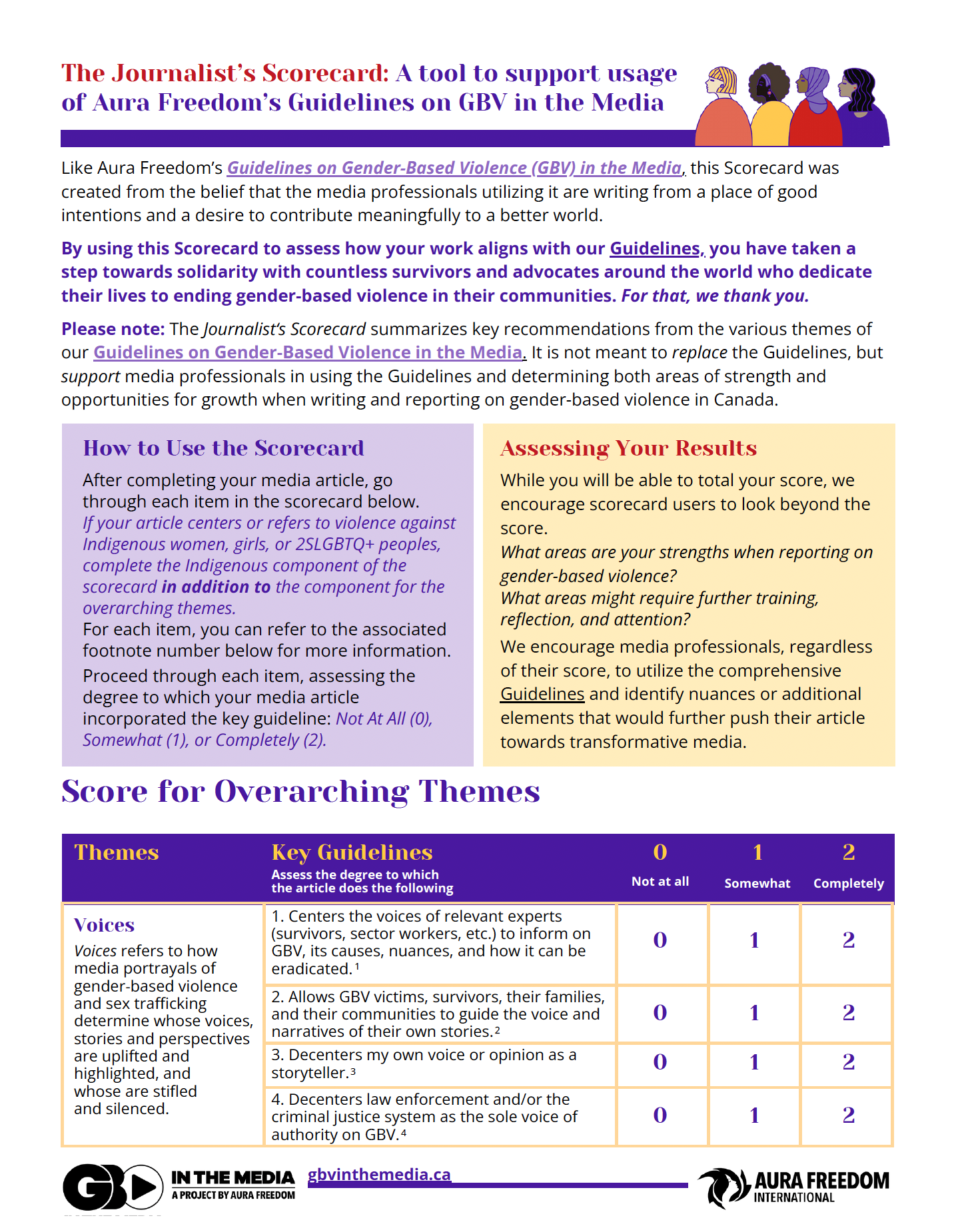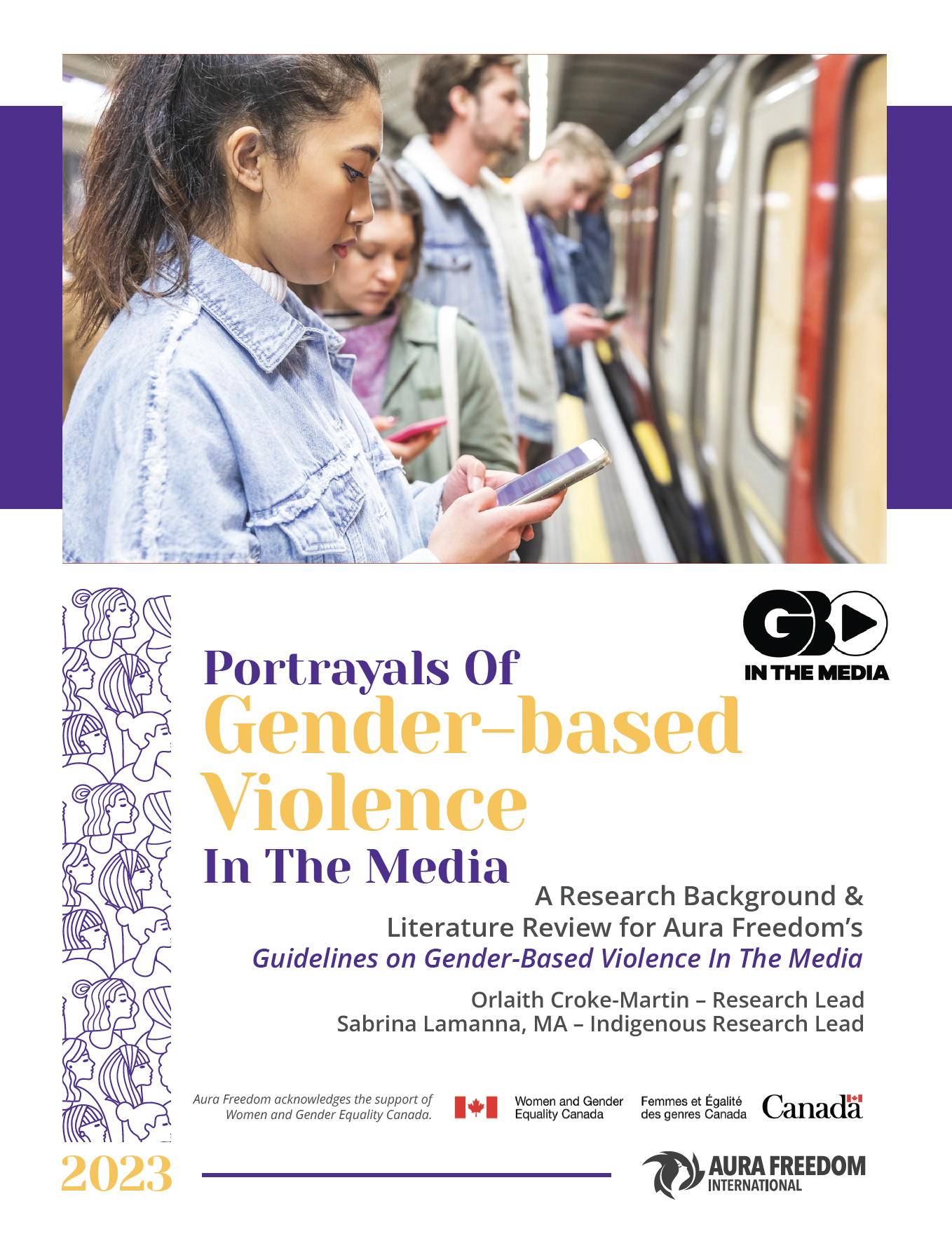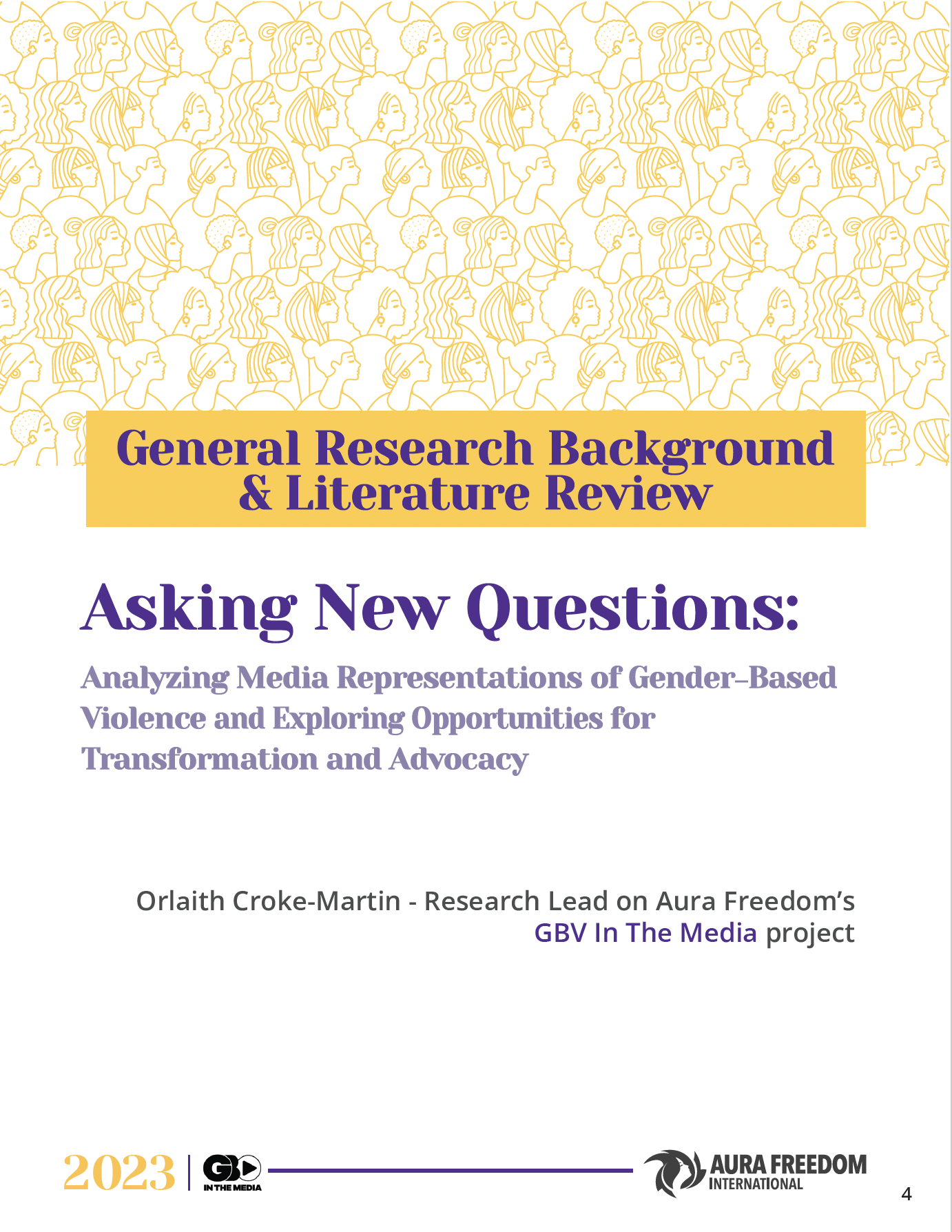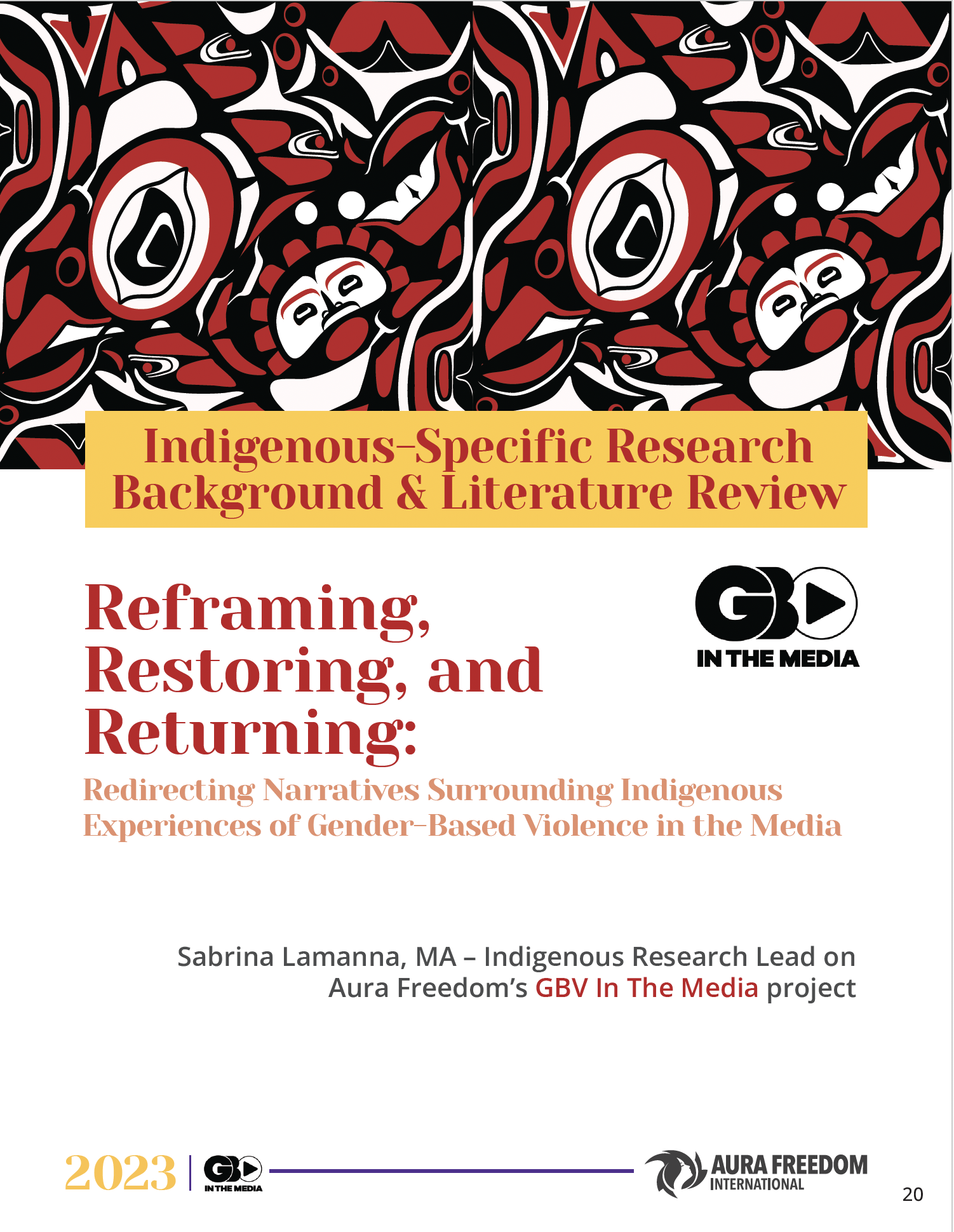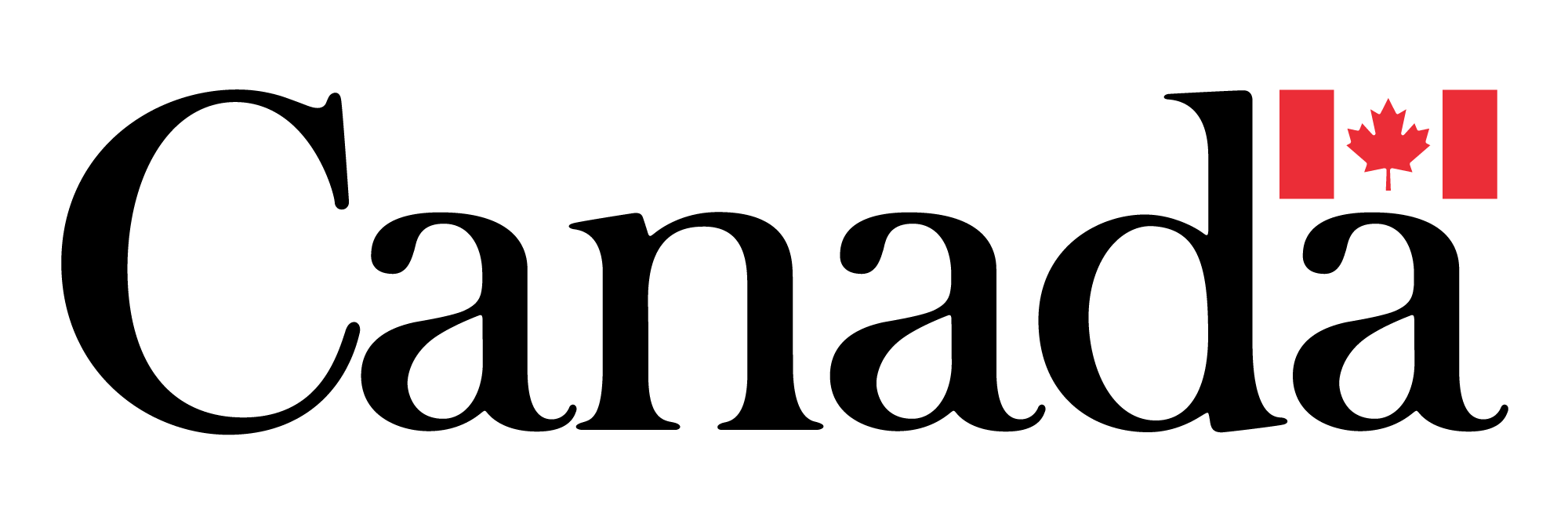The Journalist’s Scorecard
A tool to support usage of Aura Freedom’s Guidelines on GBV in the Media.
Want to see how your news story or article scores according to our Guidelines? Use this self-assessment tool to discover where your journalism is transformative, and what areas might require further training, reflection and attention.
Why Media?
The media plays a significant role in how GBV is understood and talked about.
Whose stories are told, and how? Whose stories are buried, and why?
The media tells the stories of our time. The power that the media holds in any country is undeniable – and ‘with great power comes great responsibility‘. Historically, gender-based violence and sex trafficking have been misrepresented and underreported in the media. Media sources, intentionally or not, often play into harmful stereotypes and don’t always prioritize the safety and well-being of survivors, causing further harm. The media presents an opportunity to educate and empower people with accurate facts and information, and to shift the conversation around GBV in Canada, ultimately leading to prevention.
The Research Background & Literature Review
Before any guidelines were written, research was conducted
An important part of the GBV In The Media project is our combined Research Background and Literature Review. The first section of this document explores general portrayals of GBV in the media, followed by an Indigenous-specific section on portrayals of violence against Indigenous women in the media led by the Indigenous Research Lead and informed by our Indigenous National Network members.
The purpose of this research was to inform the creation of Aura Freedom’s Guidelines on GBV in the Media, as well as to ground our consultations with the National Network. By analyzing existing guidelines and literature, we identified key questions and areas for transformation, explored how existing media guidelines reflect current research findings, and discussed ways to build upon this work and continue to push the boundaries of Transformative Media.
What is Transformative Media?
Our definition below was inspired by the Out for Change Transformative Media Organizing Project, and incorporates other elements relevant to our project.
Transformative Media pursues social change from an intersectional perspective rooted in an understanding of power structures, the dismantling of colonialism, and the intersection of race, class, gender, sexuality, ability and other positionalities; it is creative and imagines forms of solidarity that push beyond traditional boundaries and break the traditional molds of media and journalism; it is rooted in the lived experiences of the communities it seeks to represent and is accountable and sensitive to the needs of these communities; it is an iterative, collaborative movement for liberatory social change.
(Aura Freedom International, GBV In The Media project, 2022).
The Four Main Themes of our Media Guidelines:
Through our analysis of existing guidelines for reporting on GBV in the media, we found four overarching themes: Voices, Language, Frameworks & Impacts.
VOICES:
Voices refers to how media portrayals of gender-based violence and sex trafficking determine whose voices, stories and perspectives are uplifted and highlighted, and whose are stifled and silenced.
LANGUAGE:
Language addresses the importance of terminology, the subjectivity of “neutral” language, and demonstrates how language can drive the conversation around gender-based violence and sex trafficking.
FRAMEWORKS:
Frameworks questions whether media representations are placing GBV within a wider social context of patriarchy, sexism, gender inequality, racism, colonialism, ableism, homophobia, and other forces of oppression.
IMPACTS:
Impacts relates to how media portrayals contribute to public perception of GBV, how they
affect survivors, and how they affect society as a whole, including potential to prevent/eradicate GBV.
Three Additional Indigenous Themes
The four themes above were expanded upon in the Indigenous literature review, with the addition of the theme of Visibility, as well as two other themes that aim to reframe, restore, and return agency to Indigenous Peoples: Desire-Based and Trauma-Informed approaches to transformative journalism.
VISIBILITY:
The media must make violence against Indigenous women visible as a social issue in order to end it. To do this successfully, accurate Frameworks (see above) are key.
TRAUMA-INFORMED:
Trauma-informed approaches to reporting on GBV work to reframe, restore, and return power to Indigenous Peoples and their stories—which can ultimately work to end GBV.
DESIRE-BASED:
Desire-based reporting calls for Indigenous GBV news stories to centre survivance, rather than solely focusing on community damage and victimization.

